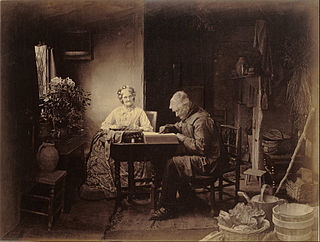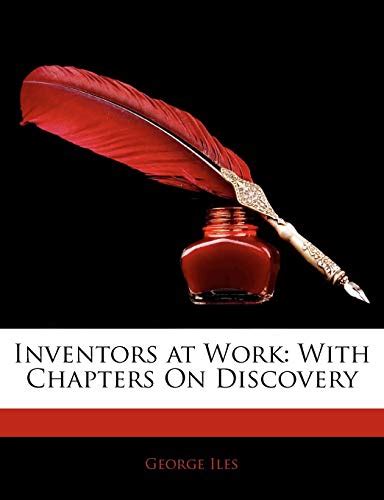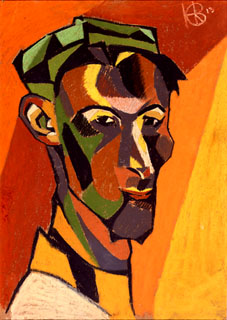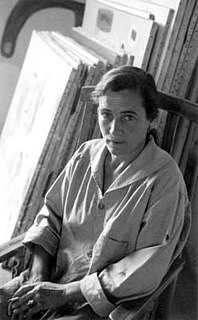A Quote by Henry Peach Robinson
The aim and end of the artist is not truth exactly, much less fact; it is effect... There is no doubt he [the photographer] best gets his effect by way of truth, but he uses it as he would a servant, not a master.
Related Quotes
It is essential for the photographer to know the effect of his lenses. The lens is his eye, and it makes or ruins his pictures. A feeling for composition is a great asset. I think it is very much a matter of instinct. It can perhaps be developed, but I doubt if it can be learned. To achieve his best work, the young photographer must discover what really excites him visually. He must discover his own world.
Some would define a servant like this: 'A servant is one who finds out what his master wants him to do, and then he does it.' The human concept of a servant is that a servant goes to the master and says, 'Master, what do you want me to do?' The master tells him, and the servant goes off BY HIMSELF and does it. That is not the biblical concept of a servant of God. Being a servant of God is different from being a servant of a human master. A servant of a human master works FOR his master. God, however, works THROUGH His servants.
If we denote excitation as an end-effect by the sign plus (+), and inhibition as end-effect by the sign minus (-), such a reflex as the scratch-reflex can be termed a reflex of double-sign, for it develops excitatory end-effect and then inhibitory end-effect even during the duration of the exciting stimulus.
I want to emphasize the fact that we all have the same experience and the same concern, but the artist must know exactly what the experience is. He must pursue the truth relentlessly. Once he sees this fact his feet are on the path. If you want to know the truth you will know it. The manipulation of materials in an artwork is a result of this state of mind. The artist works by awareness of his own state of mind.
There are many who say more than the truth on some occasions, and balance the account with their consciences by saying less than the truth on others. But the fact is that they are in both instances as fraudulant as he would be that exacted more than his due from his debtors, and paid less than their due to his creditors.
The real question is, Did God use evolution as His plan? If it could be shown that man, instead of being made in the image of God, is a development of beasts we would have to accept it, regardless of its effort, for truth is truth and must prevail. But when there is no proof we have a right to consider the effect of the acceptance of an unsupported hypothesis.
If we define a miracle as an effect of which the cause is unknown to us, then we make our ignorance the source of miracles! And the universe itself would be a standing miracle. A miracle might be perhaps defined more exactly as an effect which is not the consequence or effect of any known laws of nature.
Not the violent conflict between parts of the truth, but the quiet suppression of half of it, is the formidable evil; there is always hope when people are forced to listen to both sides; it is when they attend to only one that errors harden into prejudices, and truth itself ceases to have the effect of truth, by being exaggerated into falsehood.




































